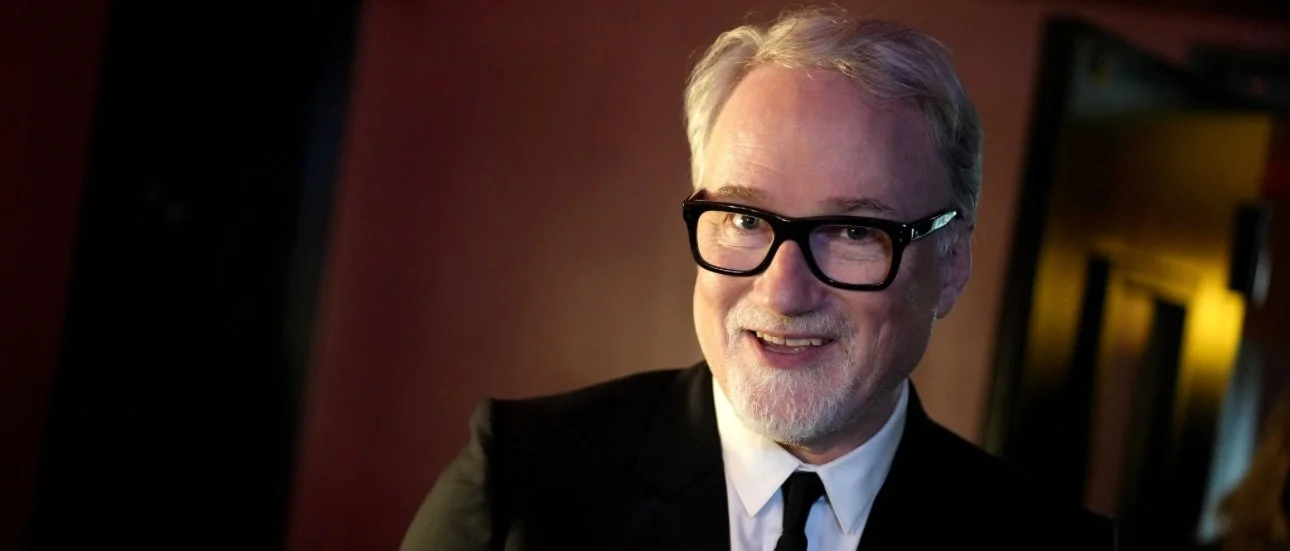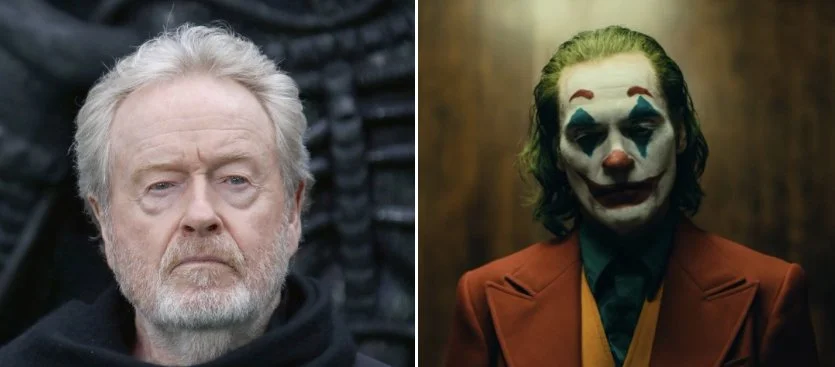Taking part in a Deadline interview, Ridley Scott spoke about “Napoleon” and how he decided to cast Joaquin Phoenix in the lead role. He then showered praise towards Pheonix’s performance in “Joker,” but it seems as though he didn’t particularly like the way the film portrayed violence;
“I was blown away by Joaquin’s outrageous film ”Joker.” I didn’t like the way it celebrated violence but Joaquin was remarkable.”
Todd Phillips’ “Joker” was this fascinating, dark and despairing arthouse movie that happened to have also been made by a big studio. That’s how I viewed the film when I saw it four years ago.
And yet, the negative media attention the film garnered became a more problematic issue. The backlash from not just news outlets, but also critics, was trying to sell the idea that “Joker” was a dangerous film: a rallying cry for Incels and angry white males who might relate to the film’s murderous lead character. These same accusations had been made at Scorsese’s “Taxi Driver” in 1976.
Indiewire’s David Ehrlich claimed in his review that the film spoke: “to the people in our world who are predisposed to think of Arthur as a role model: lonely, creatively impotent white men who are drawn to hateful ideologies because of the angry communities that ferment around them.”
“Joker” didn’t glorify violence, it was a film that mirrored our own society, and dared to have us look at ourselves in the mirror. The parallels to today’s world were there — societal alienation has never felt more current than it does today.
Joker, AKA Arthur Fleck’s situation could attest to 21st-century anxieties; his descent into madness was horrifying because it felt all too relevant and anchored up by present-day realities and tensions.
The film was released at a time when the U.S. felt at a crossroads between civility and chaos. It still does. Many critics called the film “dangerous” in its, supposed, call to arms for a revolution, but the fact that the movie sparked this panic in people must have meant that it had hit a sort of societal nerve, which rendered it an indelible statement of current-day socio-political anxieties.






